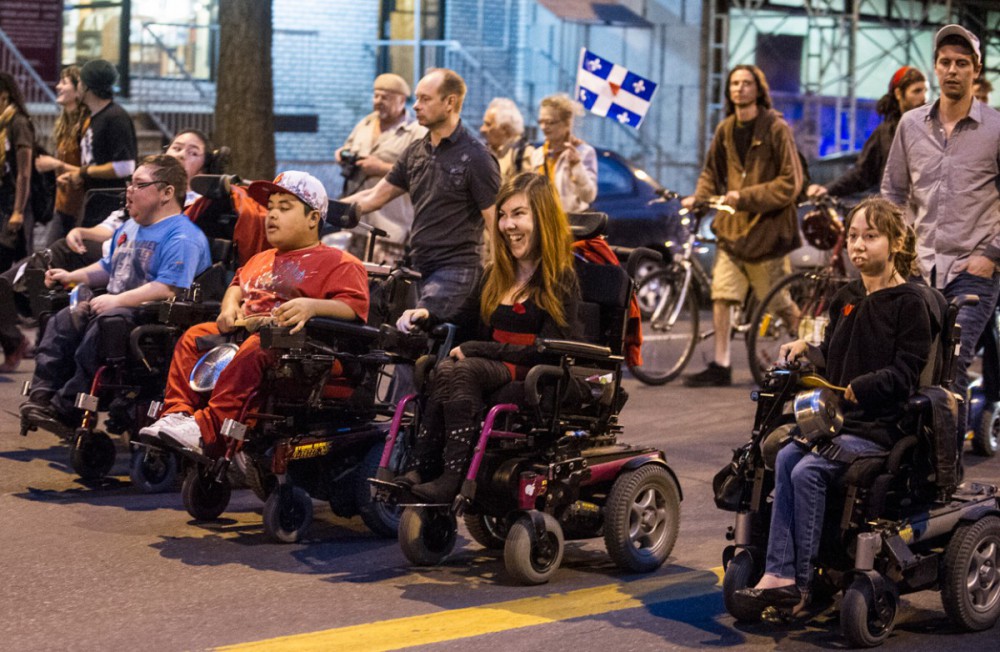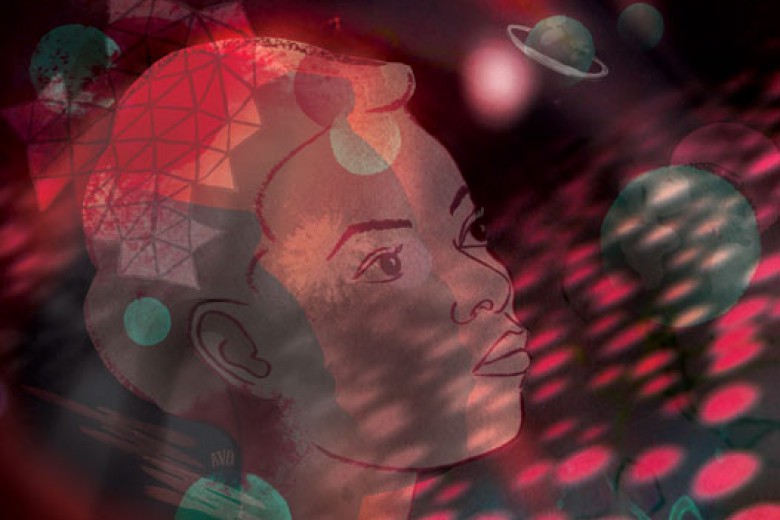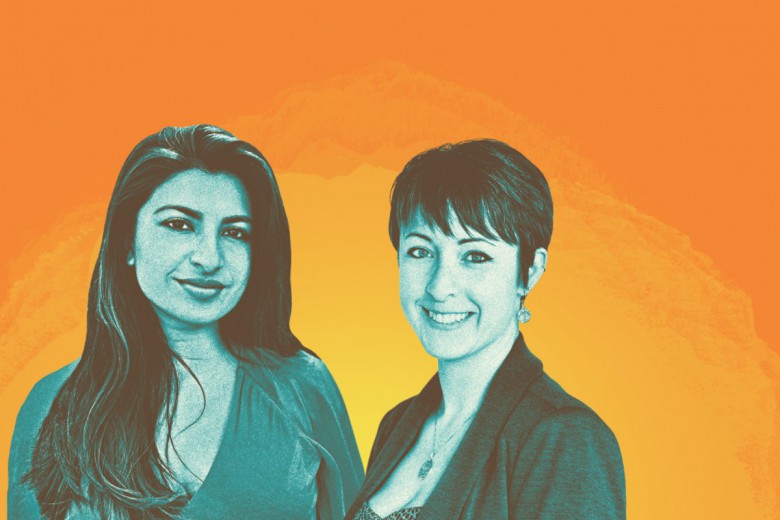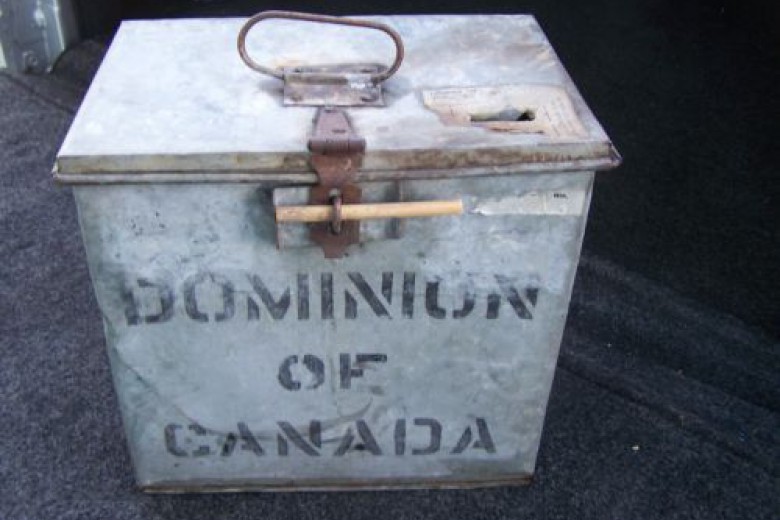Seeking comrades for long-term relationship. I want us to be there for each other over time, sharing sadness and joy. I love the active life, with time for reflection and good laughs along the way. But I insist on non-monogamy. Honey, I will love you, but we need to mix it up! We must learn to thrive through our shared commitments and our differences. Together, we can raise hell and make beautiful changes.
Seriously, Comrade?
Maybe comrade is the wrong word for it, perhaps too retro. It recalls a Soviet agent in some ’50s spy movie. It sends us back to a particular kind of political left, a product of specific times. A left that has been dying over the past 30 years.
There is a male edge to comradeship. The word comrade actually has a militarist slant, originally describing the intimacy of shared barracks. It names the closeness that comes from sharing intense experiences of risk, sacrifice, and proximity to death. Comradeship may also reflect male patterns of relationship: women make friends while men have comrades because guys are too emotionally blocked for real intimacy.
Let me make clear, then, that when I seek comrades, I am not looking for guys to be my buds. Yet, despite these problems with the word, there is something to comradeship or whatever we choose to call it. In my experience of radicalism over time, I have learned to recognize a kind of relationship forged in struggle that has its own character. We develop a unique trust, with particular feelings and assumptions of mutuality.
I am connected both to my comrades and to my friends, but these relationships are not the same. I have friends who disagree with my politics. And I have comrades I don’t really like very much as people. Of course, I have genuine friendships with some of my comrades, but that is above and beyond our political ties.
Against the Stream
I don’t think we talk enough about comradeship. I believe it sustains us in our radicalism, bolstering us to swim continually against the stream. There are times I wonder whether my vision of a better world is a sign that I have lost touch with reality rather than a measure of my political insight. Connecting with comrades helps me feel grounded despite the apparent marginality of my views.
The French Marxist Daniel Bensaïd coined the perfect term to describe what we need to sustain radicalism against the current: “slow impatience.” To me, this nicely captures the difficult balance radicals need to seek between a sense of urgency fuelled by a burning rage against the system and a longer term perspective based on relationship-building and strategic groundwork. It is awfully hard to do slow impatience on your own; you might choose either the fast burn or the long-term flicker instead. It takes a particular kind of teamwork to find the balance point where slowness and impatience meet.
Non-monogamy
So far, this is all sounding quite cozy and romantic, as we sustain each other with bread and roses. Well, that is part of it, but I am not looking for monogamy. I think we radicals spend way too much time hanging out with our own type these days. We cling to those we most agree with to keep going in the face of horrible defeats. Yet if we are to build mass movements with the social weight to change the world, we are going to need to work with a wide range of people, including radicals we disagree with and newer activists who haven’t learned our insular ways of speaking and acting.
Each of us brings different strengths and weaknesses to the struggle. We need to learn from each other: to piece together a more complete view of the world; to make strategic decisions informed by what people in different situations are actually thinking; and to honestly evaluate the impact of our actions. This means developing better ways of engaging our disagreements, actually listening to each other, for example, instead of mounting personal attacks and trying to destroy every perspective with which we disagree.
The only way we can hope to forge a class-based politics that is genuinely queer, feminist, anti-racist, anti-colonial, ecological, and that takes disability rights seriously is to work together with a shared commitment to liberation, while constantly learning from each other what that actually means in practice. It will be a messy and frustrating process, but if we make sure to prioritize voices that are too often silenced, there is so much to learn and to gain.

Not Tying the Knot
If we do become comrades, let’s not rush to formalize this relationship. The left has a long history of joining together (’til death do us part) in organizations built around a particular political position and lineage. I don’t believe we should be organizing today around political positions and lineages that developed in quite different times in which people worked and lived very differently. I think we need to be more open to the political and social impact of neoliberal restructuring; to admit that we don’t know precisely what forms of organization will fit the struggles of the future.
I am not rejecting formal organization on principle. On the contrary, I believe we need democratic anti-capitalist organizations: to develop specific decision-making capacities; to construct protocols around equity and abuse; to establish strategic priorities while respecting dissenting views; and to welcome new people without feeling like closed cliques. Unelected leadership often reproduces the worst inequalities of the dominant society without any form of redress or accountability.
But I think we need a basis of shared experience to build such organizations, if we want to move beyond the model of the last left. That is why I am seeking long-term, non-monogamous relations where we can learn from each other as we work together in a variety of ways. Let’s talk about the kind of relationship we want and need, without rushing down the aisle together.
We learn so much while organizing with people who are different from us. My politics have been enriched through conversations with long-time worker activists about what mass insurgency looked like in the 1940s and also with folks in the Quebec student movement who seem to have learned more in three years than I learned in thirty. It has not always been comfortable, as I have been pushed by women, people of colour, and Indigenous people to recognize time and again how incomplete my own politics are. I used to think I would someday get it right: a genuinely integrative liberation politics. Now I think that is a collective project, involving continuous learning from those who experience oppression and engage in resistance on their own terms.
Not Just Pretty Love Songs
I don’t want to simply romanticize comradeship. Without very deliberate efforts to counter inequality and oppression, our own relationships can easily reproduce exactly the inequities we are trying to resist in the world. I am convinced, for example, that many anti-racist and feminist activists have been driven from left organizations not so much by the official line but by the everyday practices of comradeship that elevate some to authority and silence others.
It is not surprising that comradeship has proved to be an all too fertile field for sexual assault and gendered abuse. There is an informality and ambiguity in these relationships where the political and the personal necessarily connect. The power relations of the dominant society can form a toxic stew when they leach into the official or unofficial forms of authority that exist in radical movements and organizations.
We have a lot to learn about creating a comradeship in which equity is promoted, while assault and abuse are actively countered. Ultimately, this is part of the reason we need formal, democratic, and pluralistic organizations. But building these organizations is going to take time and work, with the right mixture of open-ended creativity and shared commitment. We will get there, in part, by consciously building better relations of comradeship.
Be My Comrade
So when we meet up at the Peoples’ Social Forum or any other venue, let’s not just hook up. Nothing wrong with hook-ups, of course; this is not a moral thing. But comradeship is not a quickie, and I think we all need to be working more on consciously building these relations. If you like the sound of this, please be my comrade.







